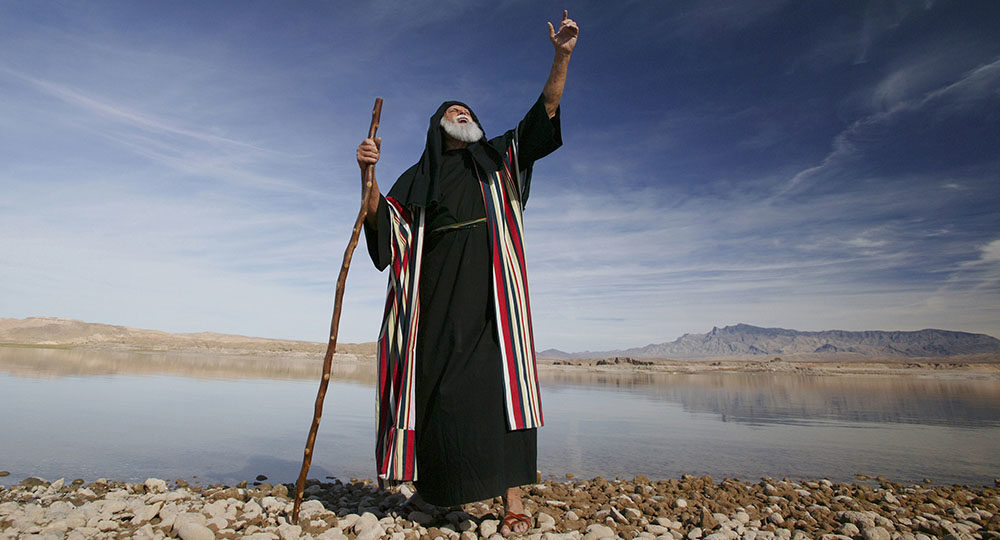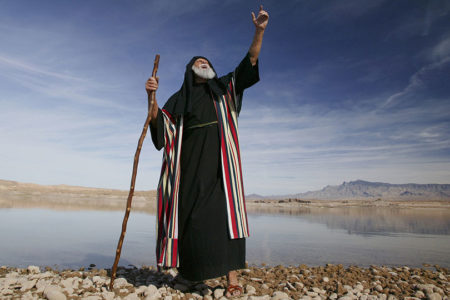The Jewish Family Promise
The call of Abraham in Genesis 12 is one of the most significant events in the biblical record. Although there is no way to know when the patriarch was born, scholars place his birth around 2166 B.C. Scripture teaches that Abraham obeyed God by journeying to the land of Canaan, which he entered when he was 75 years old. And thus began the Jewish presence in the land.
God made a covenant with Abraham (originally called Abram), promising him land, seed, blessing (Gen. 12:1–3), and an heir in his old age (15:4). The promise went down through the family to the Jewish people.
When Abram was 99, God expanded on His promise and changed Abram’s name to Abraham, meaning “father of a multitude,” and Sarai’s name to Sarah, meaning “princess” (17:5, 15). God then promised him, “Sarah your wife shall bear you a son, and you shall call his name Isaac; I will establish My covenant with him for an everlasting covenant, and with his descendants after him” (v. 19).
The Lord restated the promise to Isaac: “I will be with you and bless you; for to you and your descendants I give all these lands, and I will perform the oath which I swore to Abraham….And in your seed all the nations of the earth shall be blessed” (26:3–4).
From there, the promise went to Isaac’s son Jacob:
I am the Lᴏʀᴅ God of Abraham your father and the God of Isaac; the land on which you lie I will give to you and your descendants. Also your descendants shall be as the dust of the earth; you shall spread abroad to the west and the east, to the north and the south; and in you and in your seed all the families of the earth shall be blessed (28:13–14).
God later changed Jacob’s name to Israel.
God’s promise of the land was so deeply embedded in Abraham’s family history that his great-grandson Joseph trusted in it even when he grew old in Egypt and knew he would die there. Joseph had been sold into slavery by his brothers when still a youth and never lived in the Promised Land again. But before he died at 110 years old, he demonstrated his faith in the promise the Lord had made, instructing his family,
I am dying; but God will surely visit you, and bring you out of this land to the land of which He swore to Abraham, to Isaac, and to Jacob.” Then Joseph took an oath from the children of Israel, saying, “God will surely visit you, and you shall carry up my bones from here (50:24–25).
Many years later, when Moses led the children of Israel home to the land God had given them, he brought Joseph’s bones with him. As the book of Joshua draws to a close, it includes this beautiful testimony:
The bones of Joseph, which the children of Israel had brought up out of Egypt, they buried at Shechem, in the plot of ground which Jacob had bought from the sons of Hamor the father of Shechem for one hundred pieces of silver, and which had become an inheritance of the children of Joseph (Josh. 24:32).
In 1375 B.C. the next major phase of the Jewish presence in the land began, as the Lord raised up judges to lead His people because “in those days there was no king in Israel; everyone did what was right in his own eyes” (Jud. 21:25).







